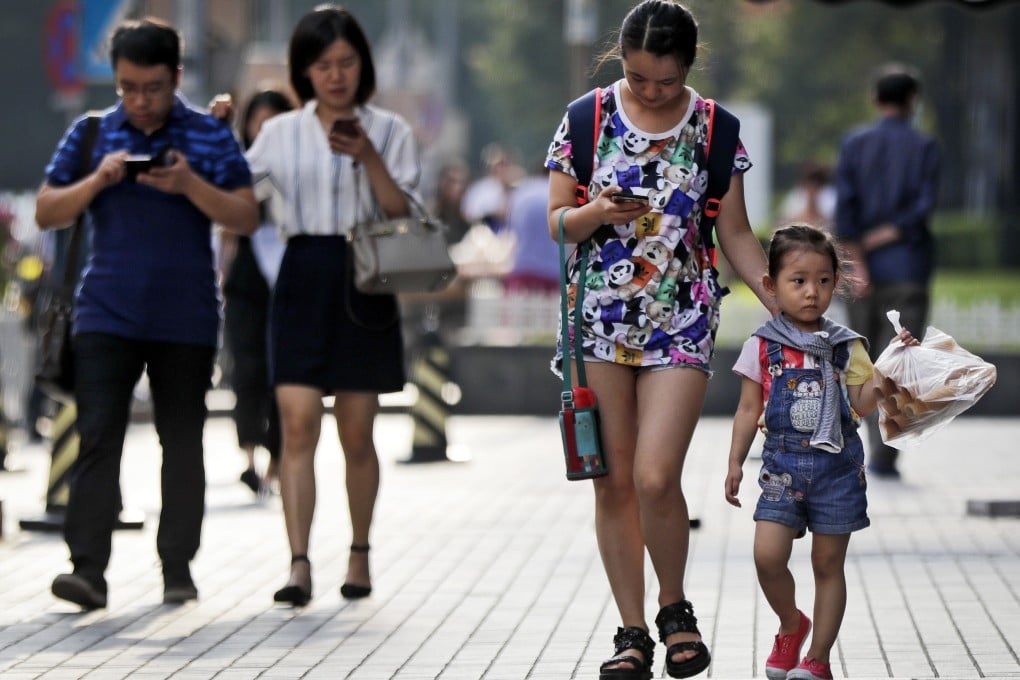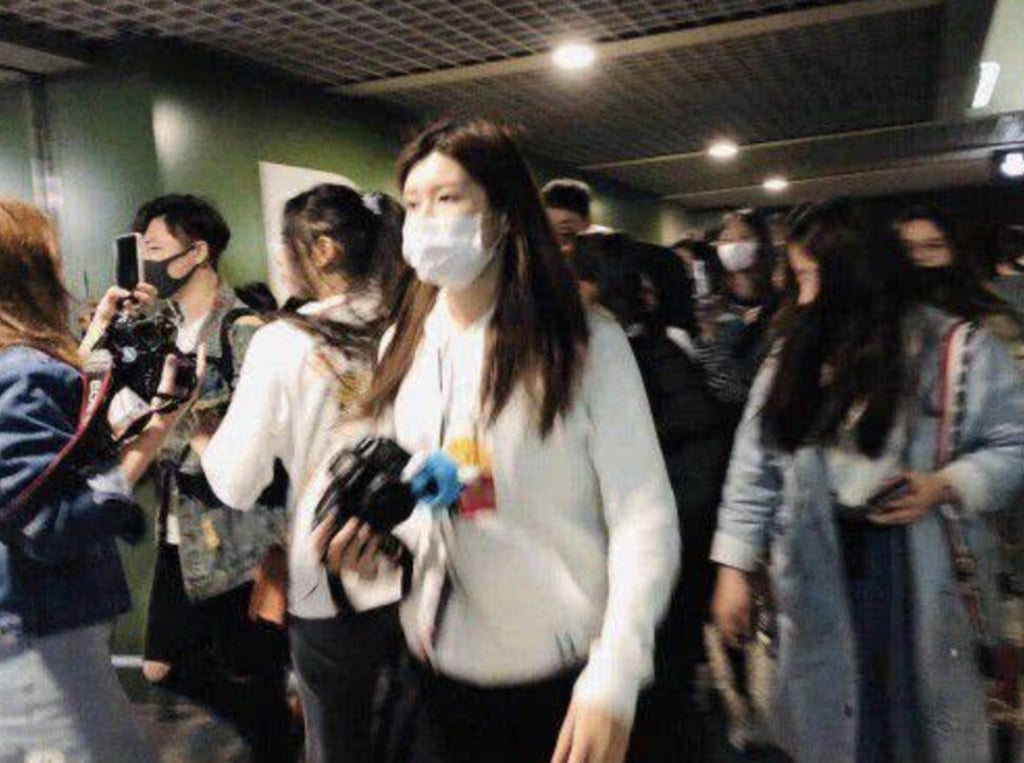Beijing drafts rules to rein in algorithms used by Big Tech to push videos, other online content in widespread crackdown
- The new rules will ‘regulate algorithm-empowered recommendation activities on the internet’
- The Cyberspace Administration of China, which released the proposed regulation on Friday, is soliciting public feedback until September 26

The Cyberspace Administration of China (CAC), which released the 30-point draft proposal on Friday, is soliciting public feedback until September 26. The new rules will “regulate algorithm-empowered recommendation activities on the internet” – including content aggregation, personalised recommendation and search rankings – amid Beijing’s efforts to redirect people’s attention to online content that the state deems fit for broad public consumption.
“This [proposed] regulation is currently the most complete set of norms for adjusting algorithm recommendation in China,” said Liu Wenjie, a law professor at the Communication University of China in Beijing. “Its introduction is a response to social concerns. While algorithm technology has helped promote economic development, it has also caused problems, such as using big data analysis to price products to the disadvantage of consumers.”
Along with the proposed algorithm regulation, the CAC also published a detailed 10-point notice, ordering China’s websites and apps to stop giving excessive exposure to celebrities and prohibiting their fans to form online clubs. It has also started a campaign to clean up app alerts, specifically prohibiting those about celebrity gossip, violence and vulgar content.
